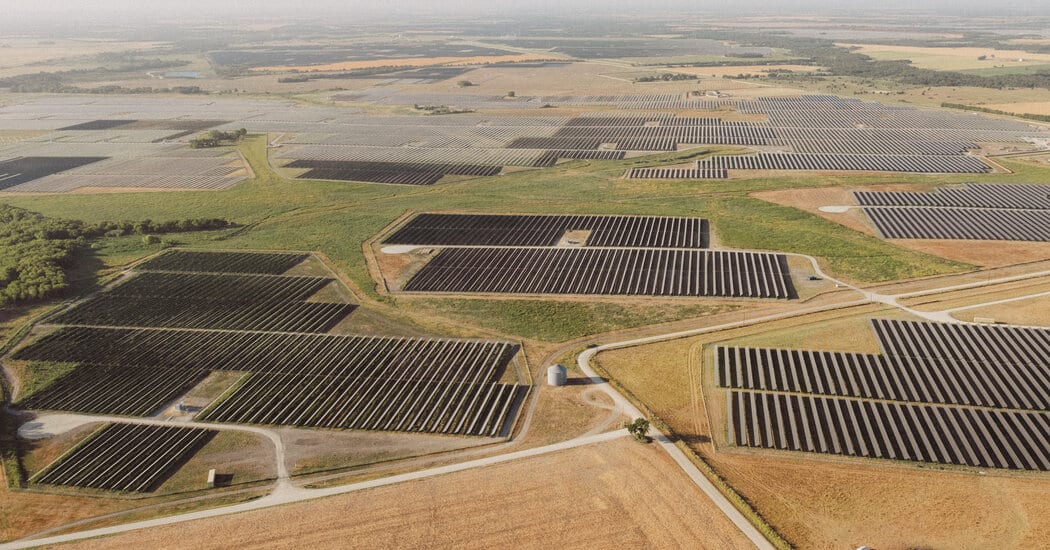In 2013, the Los Angeles Department of Water and Power (LADWP) launched the nation’s largest urban rooftop FiT program, helping business owners turn their rooftops into an asset. The FiT program is credited with spurring major private investment in clean solar power in L.A. County, and just resulted in its largest rooftop solar project yet.
Los Angeles elected officials, business leaders, and community partners celebrated a new 1.5-MW solar array atop a warehouse in Panorama City, which is one of the largest rooftop solar panel systems to be installed in the Northeast San Fernando Valley. It will generate enough renewable energy to power 200 homes.
The new solar project was developed by Valta Energy, together with building owner Rexford Industrial, which has pledged to invest in solar installations on other properties.
“LADWP’s FiT program continues to deliver on its promise to put underutilized rooftops in our service area to use generating zero-carbon solar energy while improving quality of life for residents,” said Martin Adams, LADWP general manager and chief engineer. “Projects like this one at Rexford Industrial in Panorama City align with our goal of reaching 100% renewable energy by 2035 in an equitable way that benefits all Angelenos.”
The Valley project is the latest to take advantage of the LADWP Feed-in Tariff (FiT) solar program, which enables building owners to create solar power plants on their rooftops and sell the power they generate to the Department for distribution on the city’s power grid.
“We continue to work with urgency to build a greener Los Angeles and reach our goal of a 100% renewable grid by 2035,” said Los Angeles Mayor Karen Bass. “Projects like these reduce our carbon footprint and strengthen the local economy in the Northeast San Fernando Valley. We thank the Los Angeles Business Council and our valley regional partners for making this project a reality.”
The solar project was officially unveiled at a ceremony hosted by the Los Angeles Business Council, which has played a pivotal role in bringing solar programs like the FiT program to areas historically impacted by high pollution. Event attendees included community organizations that have designed and implemented other environmental projects in the area, such as planting hundreds of trees, building new pedestrian walkways, and purchasing electric buses.
The project is located in a “solar equity hotspot,” an area with abundant flat roofs and a large population of low-income residents in need of jobs and new economic opportunities.
“I congratulate this team on bringing the FiT program to the Northeast Valley to not only reduce air pollution, but also deliver jobs in a community where we have people ready to work,” said L.A. City Councilmember Imelda Padilla. “The transformation to clean energy is a critically important economic development tool, and Los Angeles is wisely capitalizing on the promise that programs like the solar FiT have to offer.”
The LABC has been a leading voice in promoting policies like the solar FiT program that promote environmental stewardship and economic growth.
“The Los Angeles Business Council has been a champion of the FiT for more than a decade because we believe in the program’s potential to deliver significant economic benefits while also addressing economic and environmental hardships in communities that experience outsized impacts of poor air quality,” said Mary Leslie, LABC president. “The FiT program is helping ensure our city’s green transformation is rooted in equity and bringing economic benefits to communities that need it most.”
The LABC is a member of the Green Together Collaborative, a coalition of non-profit and public partners focused on harnessing initiatives like rooftop solar that stimulate the local workforce and combat air-quality issues in Pacoima and Sun Valley. In 2018, the Wells Fargo Foundation awarded the coalition a $500,000 grant to support the installation of rooftop solar as well as urban greening initiatives in the Northeast Valley.
“Every community deserves clean air, good jobs and the promise of a healthy future for their families,” said Gregg Sherkin, Wells Fargo’s senior vice president, senior manager, philanthropy & community impact. “Our support for this coalition’s work in the Northeast San Fernando Valley reflects Wells Fargo’s commitment to our communities and our support for the transition to a resilient, equitable, and sustainable future.”
Tags: commercial and industrial




